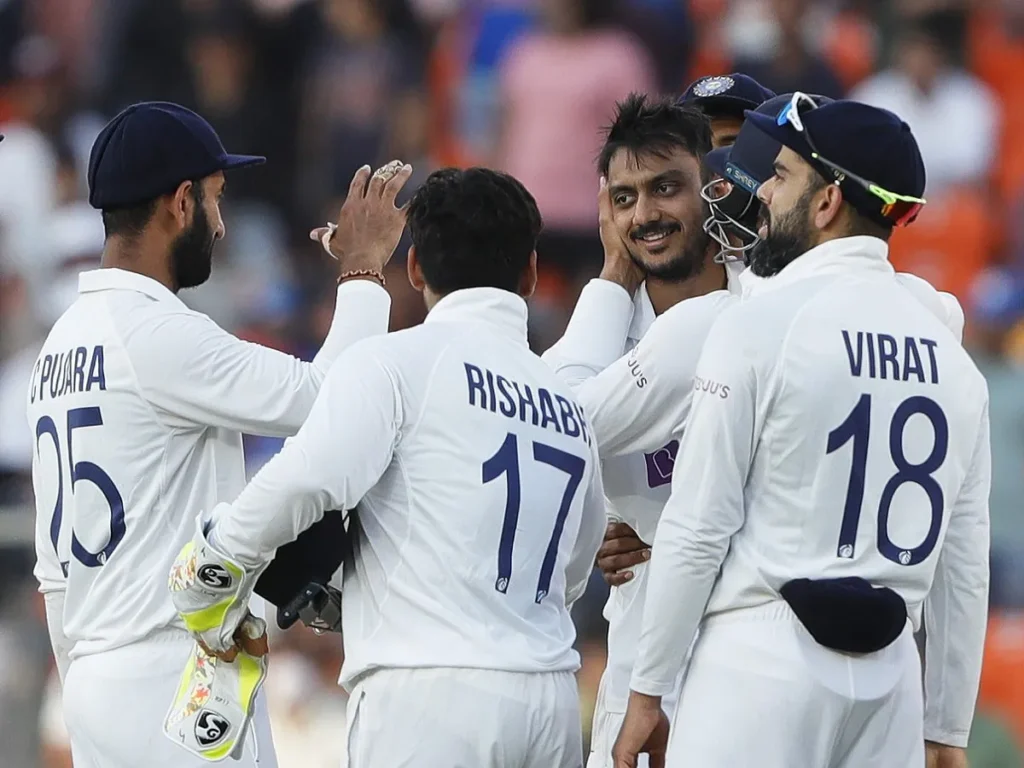In a stunning turn of events at Cape Town, the Indian cricket team scripted a remarkable comeback, clinching victory in the second Test against South Africa in under five sessions. The series, which began with India’s humbling defeat in Centurion, witnessed a swift retaliation led by captain Rohit Sharma.
After succumbing to an innings defeat in the opening Test, the odds were stacked against India. However, they managed to turn the tide, securing a seven-wicket win in Cape Town and drawing the two-match series 1-1. This triumph marks India’s first series-leveling victory in South Africa in 13 years.
The second Test, which unfolded as the shortest in the format’s 147-year history in terms of the number of balls bowled, added a unique chapter to Test cricket. With a total of 642 balls delivered, the match surpassed the previous record set in 1932 when Australia faced South Africa in Melbourne, playing only 109.2 overs.
On Day 2 of the second Test, Aiden Markram showcased resilience with a combative hundred, scoring 106 off just 103 balls. However, a vintage Jasprit Bumrah morning spell ensured that India maintained control. Markram’s onslaught guided South Africa to 176 all out in 36.5 overs at the stroke of lunch, setting India a victory target of 79 on a challenging pitch.
India wasted no time in chasing down the target, reaching it with seven wickets to spare. The swift conclusion of the match, likely before tea time, raises the possibility of it becoming the shortest Test match ever in terms of overs bowled.
The standout performance by both teams, the unpredictability of the series, and the historical significance of the match’s brevity contribute to making this encounter a memorable chapter in Test cricket. India’s ability to bounce back under pressure and rewrite history in the process will undoubtedly be etched in the minds of cricket enthusiasts for years to come.
